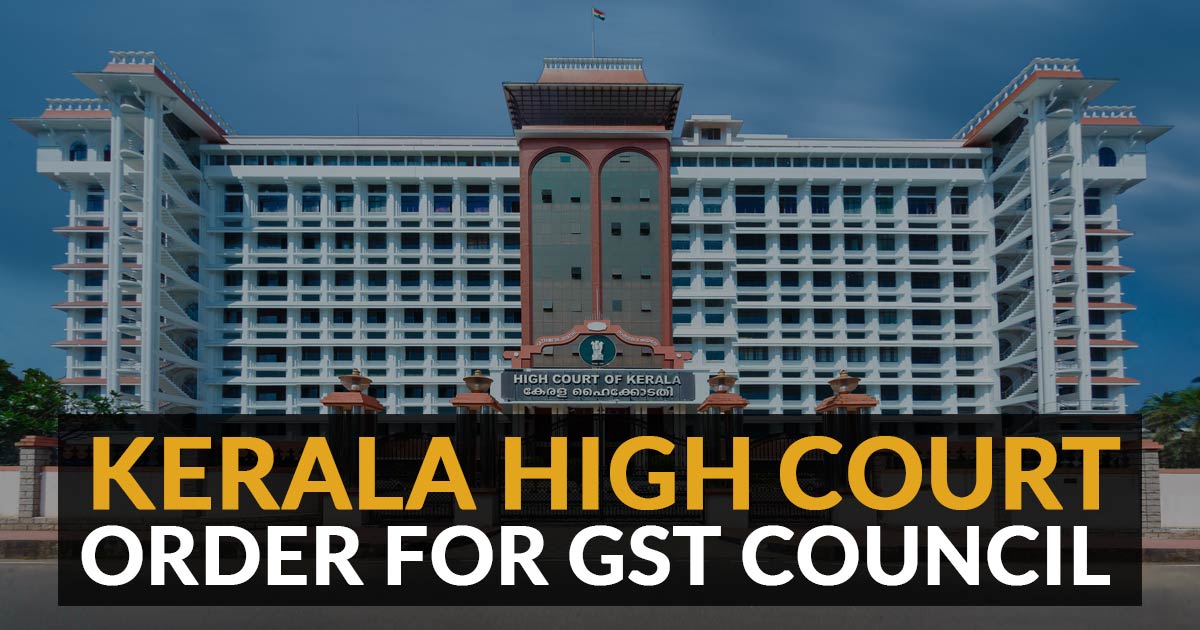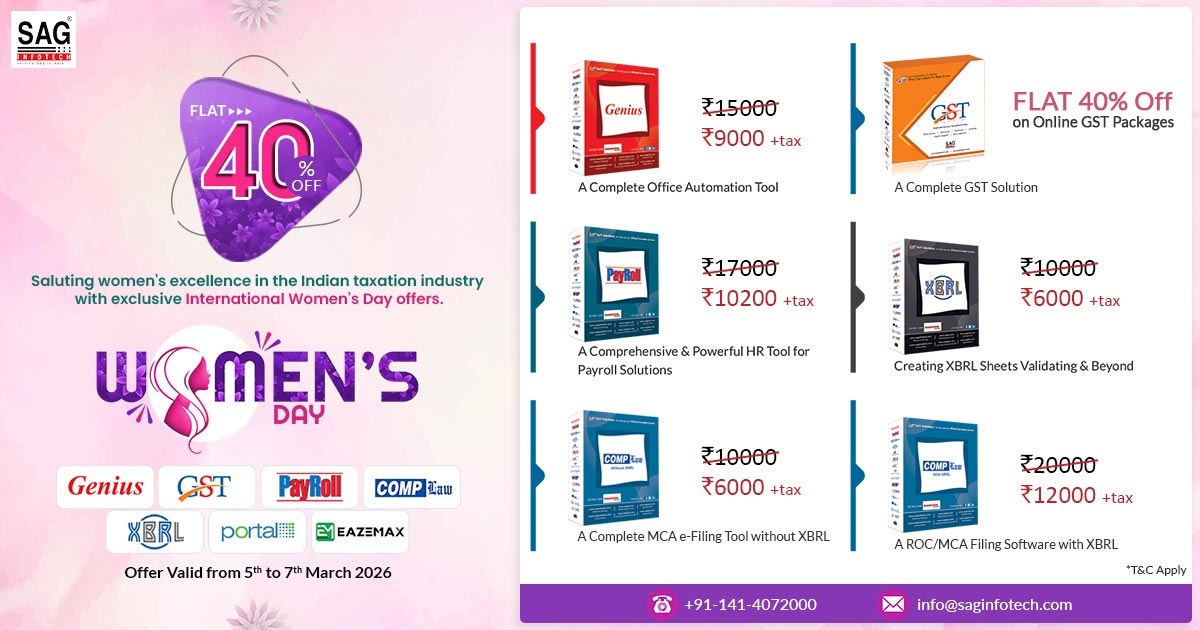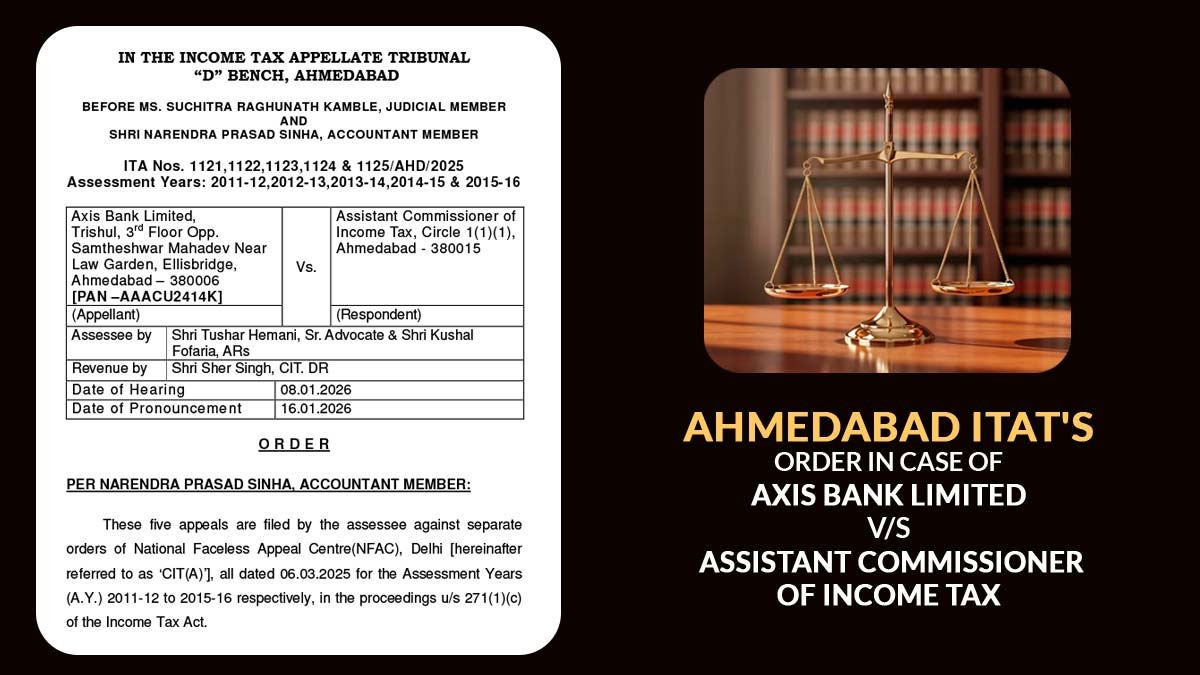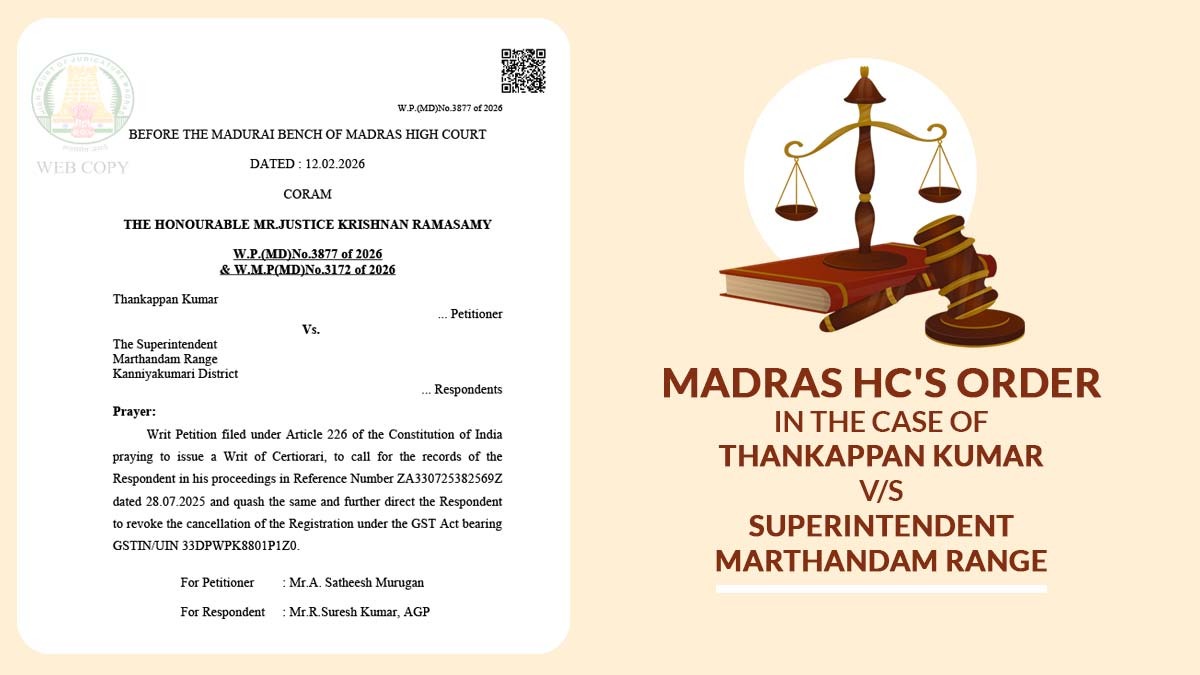
The Kerala high court recently found that the answers given by the centre and GST council were unable to give satisfying justification. A reason cited by the GST council was that the pandemic has created hurdles in bringing the fossil fuels under GST but was not justified at a ground level.
In view of the decision, the hearing of a petition by the Kerala Pradesh Gandhi Darshanavedi had challenged the overall decision on the majority stake for the bringing of petroleum and diesel within the ambit of GST. And recently the standing council came up with the statement to chief justice S Manikumar with the justification over the inclusion of petroleum and diesel in the GST.
Finally, after reading the complete statement the decision came out with an announcement, “Even though the matter was taken in the 45th GST Council meeting, three issues seemed to have been considered by the Council for bringing the petroleum products under the GST regime, i.e., (i) the matter involves high revenue implications, (ii) requires larger deliberations and (iii) during pandemic times, it would be difficult to bring petroleum products under the GST regime” And after that, the court announced the main fact over it,
“We are not satisfied with the reasons. There should be some discussion and genuine reasons as to why petroleum products cannot be brought under the GST regime. Further, the pandemic period cannot be cited as a reason. It is well known that even during the pandemic, several decisions were taken involving revenue, after deliberations”
Earlier Version of the Same Story by High Court & Petitioner
Kerala High court had asked the GST official that why the products of the petroleum do not come beneath GST, must furnish the reply for the same in 10 days.
Hearing public interest litigation (PIL), a bench of Chief Justice S Manikumar and Justice Shaji P Chaly read the GST Council to justify grounds for not including petrol and diesel under the GST regime.
PIL was furnished through the Kerala Pradesh Gandhi Darshanvadi, a voluntary organisation, though its counsel Arun B Varghese mentioned that the cost of petrol and diesel differs in various states as the tax imposed through them was varied and seeks a constant tax regime towards the petroleum products.
“Now different rates are being charged in different states and the same is due to a different tax rate levied by the state governments under their fragmented taxing policies. This is an impediment to harmonised national market as contemplated under Article 279(A) 6 of the constitution,” PIL mentioned. It also rendered that the state and the central taxes held with 60% of the rate of 1 litre of fuel.
If petrol and diesel are drawn beneath the GST then the market will be in coordination across the nations and the highest taxable cost shall be 28%. It is implemented that despite people who are indirect clients of fuel gets negatively influenced by the rise in the cost of the fuel.
“A welfare state must be the one where everyone is in a position to bear expenses of basic amenities. The unprecedented hike in fuel prices push the public to immense hardships by which their right to life guaranteed under Article 21 is violated, they rendered.”
PIL Respondents are the Union of India, Kerala Government, Petroleum Secretary, Goods and Service Tax Council and three major oil companies.
The fuel must come beneath the GST upon this discussion the union government and the GST council can not argue it poses serious executions on revenue collection. A constitutional duty was directed on the GST council to build some serious suggestions to engage petrol and diesel beneath the GST the PIL mentioned “To declare the non-inclusion of petrol and diesel under the GST regime are violative of the Article 14 and 21 of the constitution, it mentioned.”
In July the PIL was furnished, it was withdrawn later post the court rendered out some issues and they were rectified in the latest one which was admitted through the court mentioned by the counsel. Before the counsel with respect to union and state governments debate the PIL specifies that the cost of fuel regime comes beneath the policy decision and the judiciary will not interrupt it.









